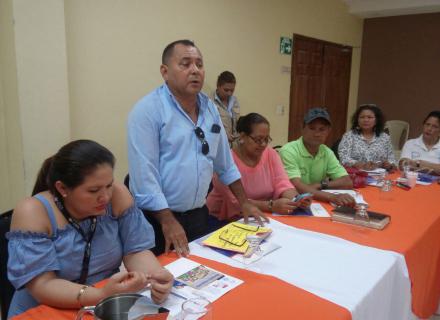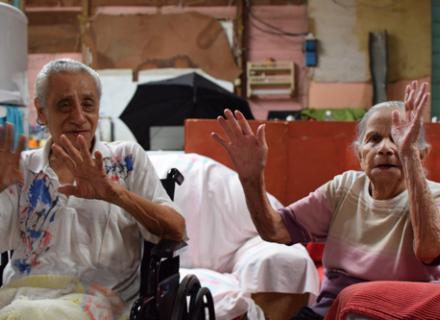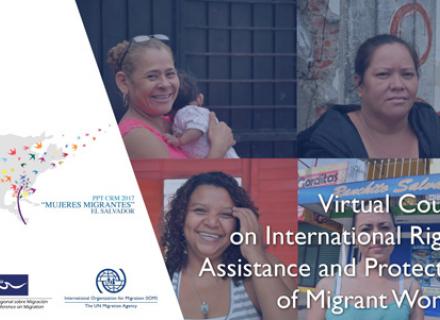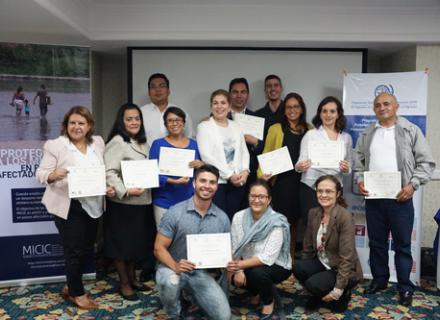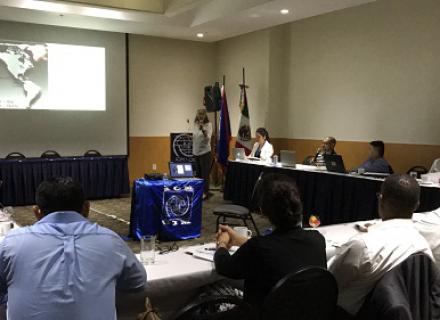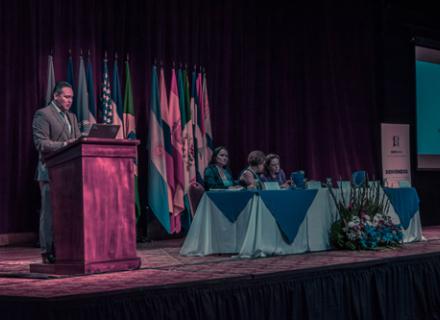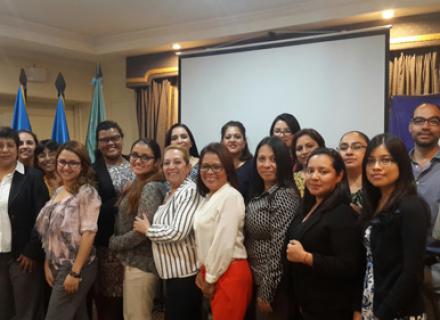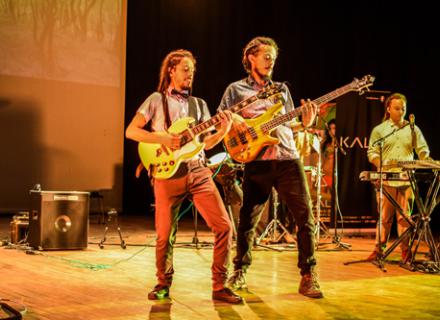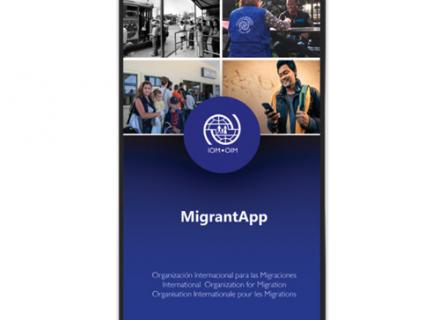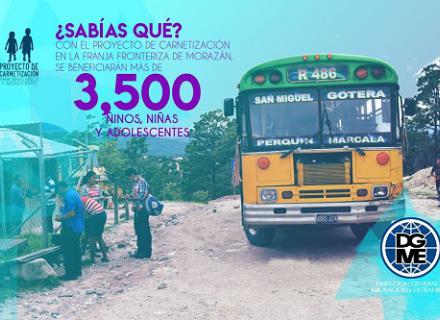Civil Society from Nicaragua and Honduras Shared their Advances Related to the Protection of Migrants
In order to enable a space of dialogue and coordination among civil society organizations that provide services and attention to migrants in the border between Nicaragua and Honduras, the International Organization for Migration of the United Nations (IOM) organized in Choluteca (Honduras) a cross border meeting, which had as a result the exchange of best practices and the identification of possible synergies.
The True Value of Happiness
The water leaked through the holes in the ceiling and passed only inches away from the exposed electrical cords of the house. It was with not a doubt, a death trap for two elderly adults who face mobility issues. However, this didn´t seem to bother them when they receive visitors in their house made of wood and zinc. Their warm words and spontaneous smiles concealed their problems at a second stage.
RCM and IOM Launch a Virtual Course on Migrant Women for Consular Staff
Migrant women represent almost half of all international migrants around the world (equaling to approximately 117 million migrant women), they have a key function regarding the social and cultural constitution of host countries, and provide significant and systematic economic contributions to their family in countries of origin, mainly through remittances.
Consular Authorities in Nicaragua and Honduras reinforced their skills to assist national living abroad during an emergency
As part of the Mesoamerica Program to Strengthen the Capacities to Protect and Assist Vulnerable Migrants in Mesoamerica, the International Organization for Migration (IOM) implemented in Nicaragua and Honduras two workshops for consular authorities with the objective of strengthening their competencies to protect migrants during emergencies.
Cross-border meeting on migration between Mexico and Belize
On the 1st of September, IOM organized for the first time a cross-border meeting in Chetumal, Quintana Roo, attended by the authorities of Chetumal, Quintana Roo (Mexico), and authorities in Belize.
14 countries share their strategies to fight against trafficking in persons in the tourism industry
Behind the services and attractions that make some touristic destinations famous in the region, situations of trafficking in persons can be concealed.
IOM supports the exchange of experiences related to migrant children and adolescents in Mexico, Guatemala, Honduras and El Salvador
On the 19th of September Guatemala City hosted representatives from Mexico, El Salvador and Honduras, who jointly with officers from Guatemala, participated in the meeting ´´Exchange of experiences: practices and standards for the protection of migrant children and adolescents´´, in which the efforts made by each of the countries in terms of the attention of migrant children and adolescents were analysed.
Migration to the Beat of Reggae
For many, organizing an event that includes public institutions, members of government and international organizations, but also 6 ´´rastas´´ might seem wild, and in a way it is, but at the same time it is this craziness that made this activity an unusual challenge.
OIM launches MigrantApp, the first application for migrants in Mesoamerica
IOM, the United Nations Agency for Migration, launched MigrantApp, the first pilot of MigApp, a global effort to provide information that facilitates regular, safe and orderly migration. MigrantApp provides reliable, rapid, safe and free information in three languages on governmental, private and civil society service, that assist migrants.
El Salvador’s General Directorate of Migration and IOM deliver Transit Cards to minors in border zone with Honduras
On August 25, El Salvador´s General Directorate of Migration (DGME in Spanish), with the support of the International Organization for Migration (IOM), began issuing documentation for children and adolescents who reside along the border with Honduras, and who often cross the border strip in Morazán. The Border Transit Card aims to facilitate safe and orderly migration for residents in the border municipalities of Perquín, Arambala and Nahuaterique.

